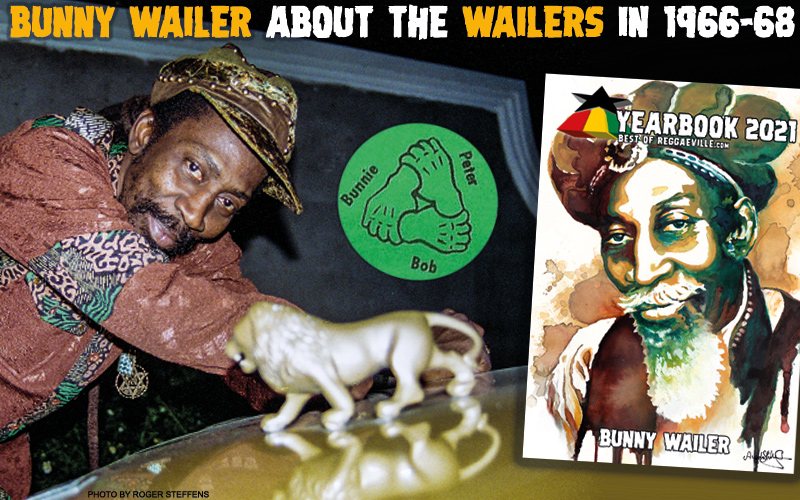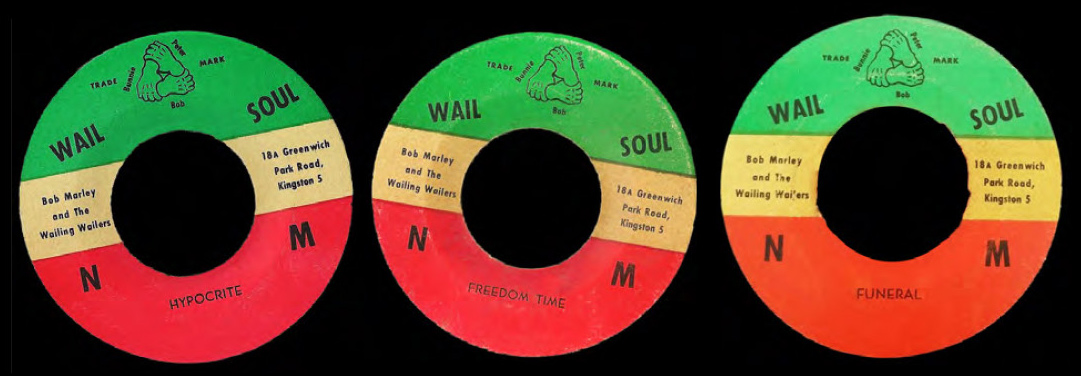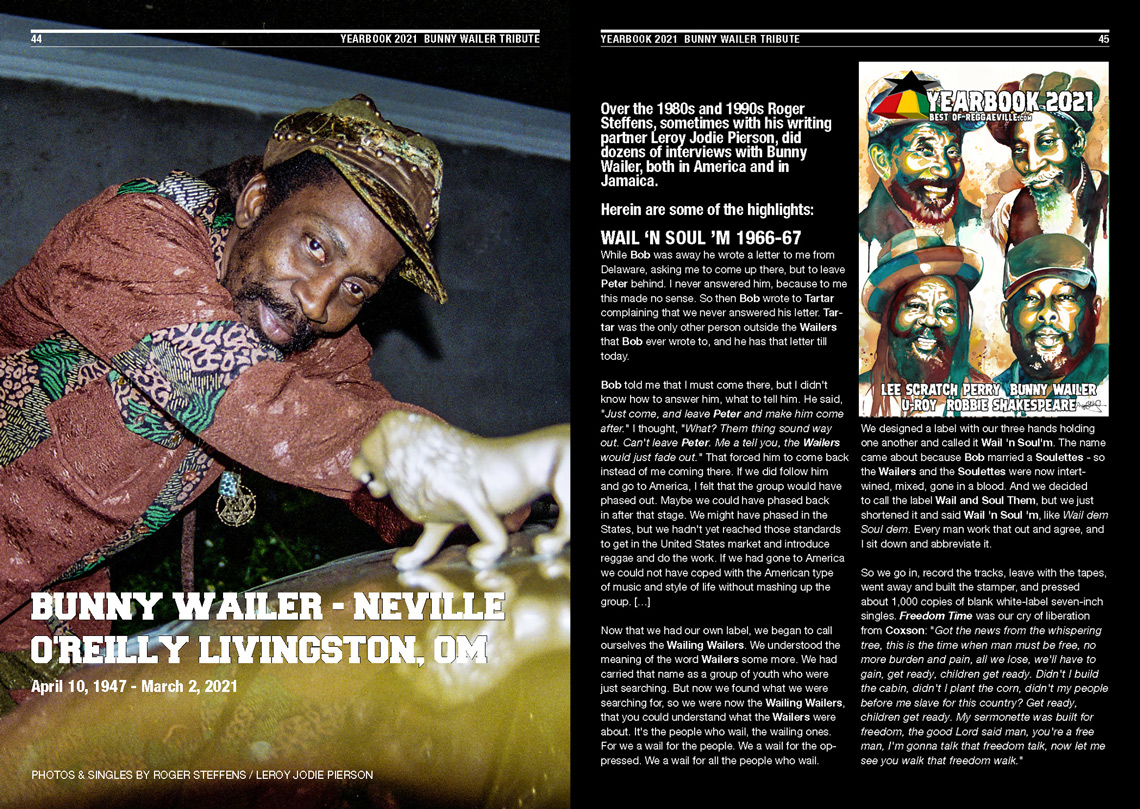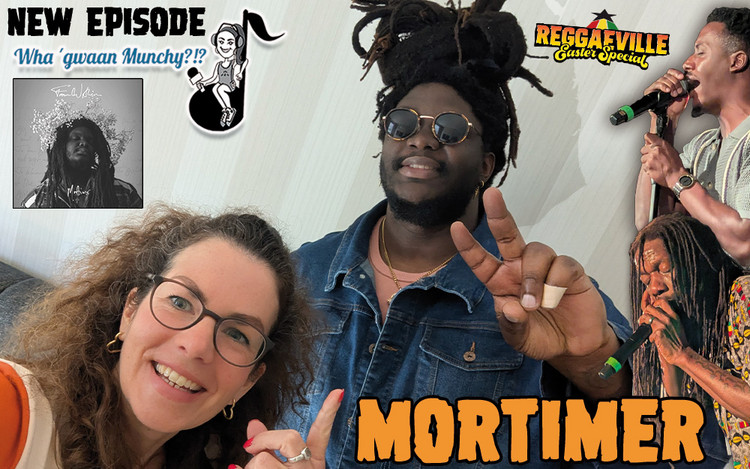Peter Tosh ADD
Bunny Wailer About The Wailers in 1966-1968 @ Reggaeville Yearbook 2021
01/30/2022 by Reggaeville

BUNNY WAILER - NEVILLE O'REILLY LIVINGSTON, OM [April 10, 1947 - March 2, 2021]
Over the 1980s and 1990s Roger Steffens, sometimes with his writing partner Leroy Jodie Pierson, did dozens of interviews with Bunny Wailer, both in America and in Jamaica. Some of the highlights have been featured in the recently released Reggaeville Yearbook 2021 as part of a tribute feature about the legends we have lost in 2021.
BUNNY WAILER ABOUT THE WAIL‘N SOUL’M LABEL 1966-67:
"Now that we had our own label, we began to call ourselves the Wailing Wailers. We understood the meaning of the word Wailers some more. We had carried that name as a group of youth who were just searching. But now we found what we were searching for, so we were now the Wailing Wailers, that you could understand what the Wailers were about. It's the people who wail, the wailing ones. For we a wail for the people. We a wail for the oppressed. We a wail for all the people who wail.
We designed a label with our three hands holding one another and called it Wail 'n Soul'm. The name came about because Bob married a Soulettes - so the Wailers and the Soulettes were now intertwined, mixed, gone in a blood. And we decided to call the label Wail and Soul Them, but we just shortened it and said Wail 'n Soul 'm, like Wail dem Soul dem. Every man work that out and agree, and I sit down and abbreviate it."

BUNNY WAILER ABOUT THE WAILERS IN NINE MILE 1967-68:
"There was a period where the Wailers dropped out. It was just we recorded Nice Time and was brought on by many things. We got frustrated with Planno because of his whole heap of whore house things. That cat started to carry us Friday night downtown to the dancehalls. And we had stopped that kind of life. When Selassie I came to Jamaica, we had stopped that kind of dancehall, nightclub, drinking beer vibe, because we were dreadlock now.
And we studied and accepted the Nazarine’s vow that you should not cut your hair or drink any alcohol. Also because we were from Trenchtown and connected to musicians like the Skatalites, we were forced out of the limelight. And that was good for the Wailers. That gave us time to go and be strong singers.
So we took a break and went up into the country. Bob was having a problem writing songs. It was as if he couldn’t get any inspiration, and he was fighting himself trying to write. And the harder he tried, the harder it became to write the songs when we were around Planno. So we decided to leave for Nine Mile, where Bob came from and where had lived for a while with my father. All of the Wailers went - me and my girlfriend at the time, Sister Jean Watt, Rita, Vision, Bob, Peter.
And when we went, the people in the country really loved us, people that we have been used to, people we grew up with at the age of nine and eleven. So everyone was happy and joyful. People would readily want to give you their houses and hospitality, ready to say, 'Come stay with me tonight. My house is available for you, Bunny.' Because these are the people that my father really treated good when he was in the country, and they would always want to do back some of that good to me. So it was a joyful visit. The people really welcomed us, saying that because we were coming to farm, it made them feel even better, feel important. The Wailers came to farm, showing them that what they were doing is good to be doing"
READ MORE IN THE YEARBOOK 2021 HERE










